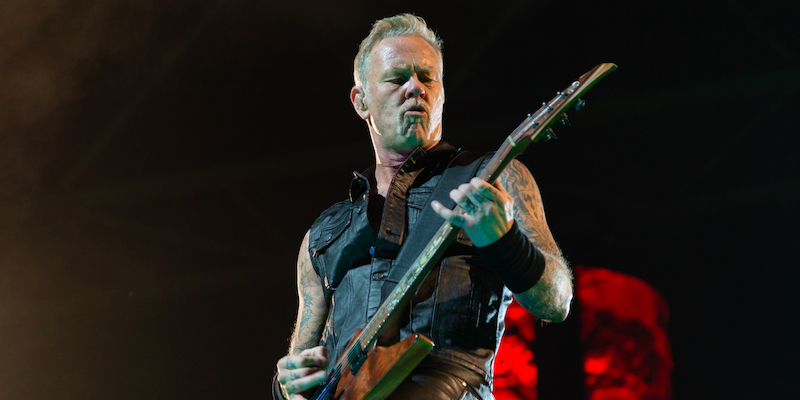Pandemic lessons learned by live: #1-5
Here, a number of live music business leaders identify five of the key lessons that the pandemic has taught us
By Gordon Masson on 11 Feb 2022

The Covid-19 pandemic has undoubtedly been the biggest challenge that the live entertainment industry has ever had to deal with. Thankfully, thousands of businesses around the world have survived two years of unprecedented hardship, proving that the ability of this sector to come up with creative solutions has been underscored. But just what are the main lessons we should be taking from the Covid experience? IQ talked to a number of business leaders to identify the 10 key lessons that the pandemic has taught us. Here, we present the first five…
1. Don’t trust declarations that we’ve won the war against Covid-19
“It’s not over (the pandemic) until it’s over, much as we wish it were,” says Teresa Moore, director of A Greener Festival. “We need to be innovative, flexible and adaptive as things change. Connected to this, we need to be able to diversify using the skills we have in the industry to create new experiences, new businesses, and more sustainable business models. These need to include environmental and social impacts, not just the economic ones.”
WME co-head of live music Lucy Dickins underlines the need to be flexible. “Be prepared for the unexpected,” she says. “Make sure you have multiple outcomes and have several backup plans.”
Moore adds, “Tough as things are, if any industry can do it and move forward into this new era, it’s the live industry, where innovation and flexibility are its bread and butter.”
2. Politicians neither understand nor value live music…
With a remit that includes overseeing theatres and arenas, as well as all the content and shows that fill the seats in those venues, Jessica Koravos, co-chair of Oak View Group and president of The Really Useful Group, has spent much of the pandemic period talking to policy makers.
“Our industry is in the hands of government and public health decision-makers who still fail to understand how our business operates and the enormously positive impact we make on local economies and the general happiness of the nation,” she says. “We must make sure that, going forward, we have more seats at the decision-making table.”
3….But fans do!
“While some politicians may still not grasp the importance of culture, the general population has shown us how much they value it,” states Beverley Whitrick of the Music Venue Trust (MVT).
“During the pandemic, music, films, TV, books, art – making things and appreciating the things others make – became a focus for many people’s mental wellbeing. We saw amazing public support for fundraising initiatives such as #SaveOurVenues and #ILoveLive; and pure joy when people could return to live music, festivals, theatres, etc.”
4. Everyone in the supply chain needs and deserves protection
“Huge swathes of the working population in live music earn very little money, and so when a pandemic or similar event that prevents working occurs, they have no savings or money to fall back on,” observes Emma Banks, co-head of CAA’s London headquarters.
“We are seeing costs for the ‘show workers’ – crew, security, etc – going up as they can dictate higher wages, and we need to embrace that and make sure that this is an industry that properly looks after all its people, not just the people at the top of the tree.”
“Encourage a healthy workspace,” urges WME’s Dickins. “The uncertainty around us and learning to adapt to working from home and then back to the office can take its toll. It’s important to look out for one another and make sure that at all times, people feel safe whilst still being able to brainstorm ideas,” she adds.
On a related note, Live Nation’s executive president of touring, Phil Bowdery, lauds the industry’s ability to embrace the concept of staff working remotely. “The value of flexible working – I think even the harshest sceptic of home working had their minds changed pretty quickly in 2020,” he says.
And MVT’s Whitrick adds, “We need to find a way to support activity that makes people’s lives better rather than just makes money. It is heartbreaking that so many people have had to leave the creative industries to work in more secure but less fulfilling sectors.”
5. Complacency should be confined to history
The live entertainment industry had been expecting a record-breaking year in 2020 but, like the rest of the world, was caught unprepared when the pandemic shut down touring and festivals.
“The pandemic has taught us that, overnight, we can lose many of the things we hold dear,” says Phil Rodriguez, founder of Move Concerts. “We’ve also learned how easy it is to control all of us. I’m a history buff; what we’ve been through and are still going through takes the cake!”
Get more stories like this in your inbox by signing up for IQ Index, IQ’s free email digest of essential live music industry news.



